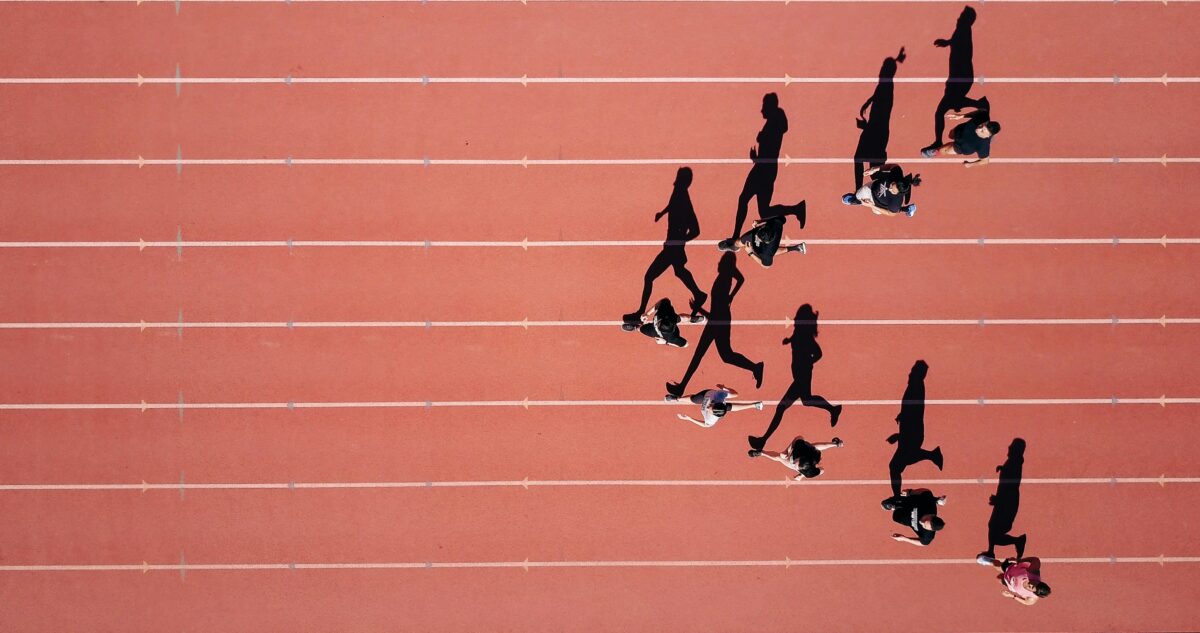For athletes striving to reach the highest levels of competition, physical conditioning, skill development, and tactical preparation are all fundamental aspects of training. However, one critical element is often overlooked: mental performance. The ability to manage pressure, maintain focus, and perform consistently under stress can be just as important as physical ability, yet many athletes receive little to no structured training in this area.
Mental performance consultant George Nipah is working to change that. Through evidence-based psychological strategies, he helps athletes strengthen their mental resilience, improve focus, and develop habits that lead to more consistent and high-level performances.
Bridging the Gap Between Knowledge and Application
While sports psychology has gained recognition in recent years, many athletes struggle to integrate mental training into their routines. Techniques like goal-setting, visualization, and mindfulness are widely discussed, but they are rarely practiced with the same structure and consistency as physical training.
“Athletes know mental toughness is important, but many don’t have a system in place to actually train it,” Nipah explains. “It’s one thing to know that focus and composure matter, but without practice, these skills don’t automatically show up when the pressure is on.”
To bridge this gap, Nipah works closely with athletes to ensure that mental conditioning becomes an active part of their training, just like strength and conditioning or skill work. His approach is customized to the athlete’s specific needs, ensuring they develop mental strategies that work under real-world performance conditions.

Modern Approaches to Mental Training
Mental performance training is evolving, and Nipah incorporates mental rehearsal techniques to provide more structured and measurable interventions.
While visualization has been used by elite athletes for decades, modern approaches enhance this practice by simulating real competition scenarios, helping athletes build confidence and reduce performance anxiety.
These techniques, combined with traditional sports psychology principles, provide athletes with a comprehensive approach to mental training that supports both their physical and tactical development.
Integrating Mental Training Into Daily Practice
One of the most effective ways to develop mental toughness is to train it in the same environment where performance happens. Nipah takes a hands-on approach, working with athletes during their training sessions, competitions, and recovery periods to ensure they can apply mental skills in real-time.
“Mental training doesn’t just happen in an office,” he says. “It needs to be practiced in the gym, on the field, and in the moments where athletes need it most.”
His work with fighters in training camps highlights the importance of embedding mental skills into high-intensity environments, ensuring that athletes are mentally prepared for the demands of competition.
Essential Mental Skills for Athletes
Nipah emphasizes that mental training doesn’t have to be complex. It’s about building consistent habits that improve an athlete’s ability to perform under pressure. He highlights a few key areas that every athlete can benefit from:
- Managing Pressure and Anxiety: Learning to regulate nerves and maintain composure before and during competition is essential for peak performance.
- Improving Focus and Concentration: Developing routines and techniques to block out distractions helps athletes stay locked in on their performance.
- Recovering Mentally, Not Just Physically: Rest and mental recovery play a major role in consistency. Mindfulness and quality sleep are key for sustaining high performance over time.
- Focusing on the Process, Not Just the Outcome: While results matter, long-term success comes from mastering the controllables—preparation, effort, and mindset.
- Using Visualization to Build Confidence: Mental imagery helps athletes rehearse key moments, reinforcing skills and increasing self-belief before stepping into competition.
Why Mental Training Matters
Athletes dedicate hours to perfecting their skills and conditioning their bodies, yet many leave their mental game to chance. Developing psychological strength is not just for elite competitors, it’s an essential part of success at every level of sport.
By integrating structured mental training into daily practice, athletes can gain a competitive edge that enhances performance, builds resilience, and prepares them for the challenges of high-stakes competition.
For those looking to reach the next level, mental training isn’t optional, it’s an essential piece of the puzzle.








